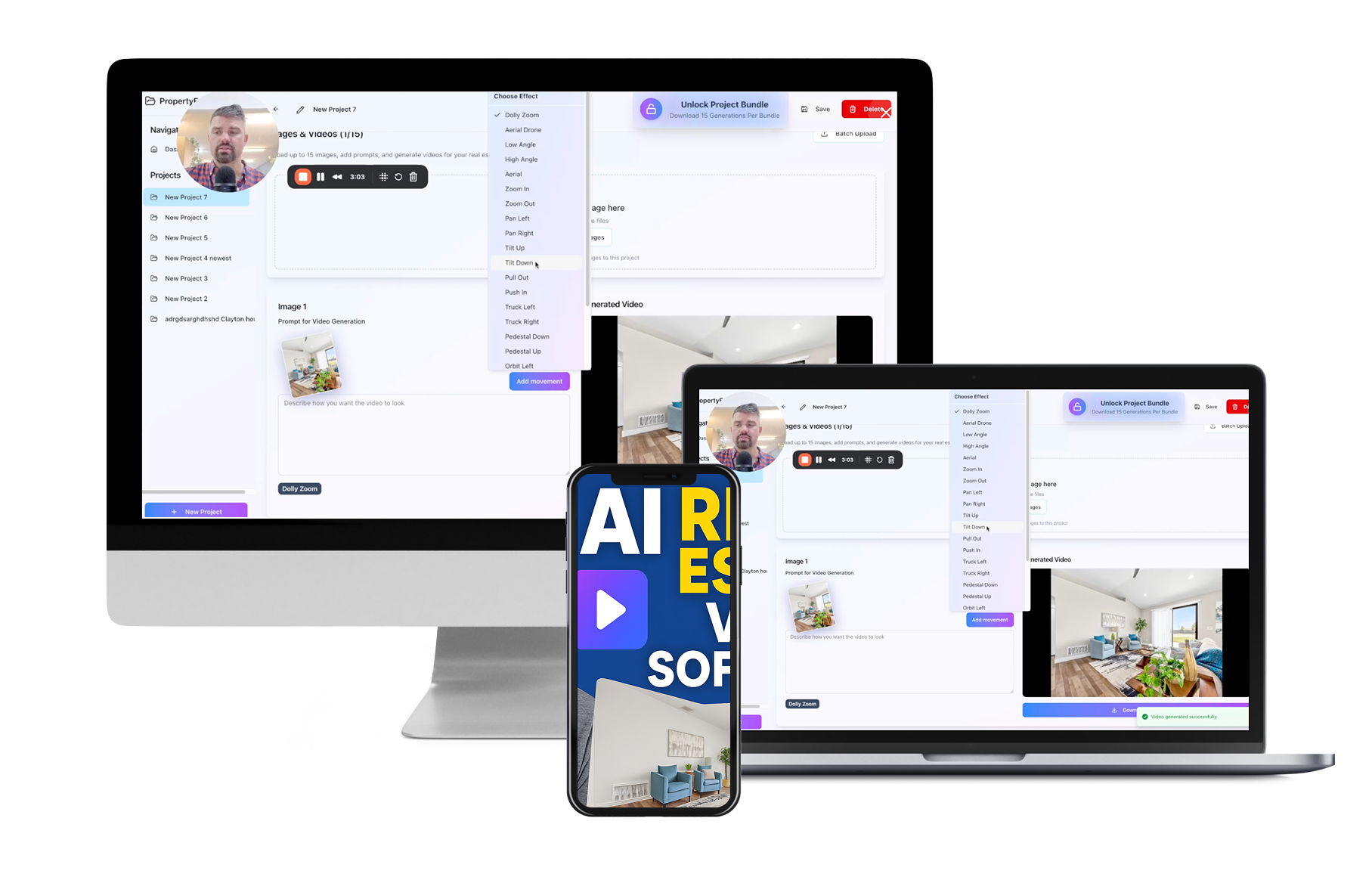
The Role of NFTs in Revolutionizing Property Ownership
The digital landscape has undergone a seismic shift with the advent of Non-Fungible Tokens (NFTs), but their impact extends beyond art and collectibles. The role of NFTs in revolutionizing property ownership is a novel development that promises to redefine how properties are bought, sold, and managed. As blockchain technology continues to permeate various sectors, understanding NFTs' transformative power in real estate is crucial for investors, homeowners, and industry enthusiasts.
Understanding NFTs and Their Emergence in Real Estate
NFTs, or Non-Fungible Tokens, are unique digital assets that represent ownership or proof of authenticity over a specific item or piece of content. Unlike cryptocurrencies such as Bitcoin, which are fungible and identical, each NFT is one-of-a-kind, making them ideal for representing ownership of unique assets like property.
How NFTs Differ from Traditional Property Deeds
- Uniqueness: NFTs are digital and unique, ensuring clear differentiation from other tokens.
- Indestructibility: Stored on a blockchain, NFTs are immutable and can be verified 24/7.
- Transparency: Blockchain's decentralized nature ensures clear ownership records without tampering.
This new approach holds the potential to overhaul the traditional property deed systems by offering a more secure, transparent, and efficient method of transferring property ownership.
The Role of NFTs in Revolutionizing Property Ownership: A New Era
NFTs introduce several advantages that are poised to redefine property ownership significantly.
Enhancing Security and Transparency
One of the prominent benefits of using NFTs for property ownership is the enhancement of security and transparency.
- Blockchain Security: Since each transaction is recorded on the blockchain, there is a permanent, unchangeable record of ownership.
- Fraud Prevention: The cryptographic nature reduces the chances of fraud by ensuring that ownership transfers are legitimate.
These aspects ensure that transactions are authenticated, reducing the likelihood of disputes.
Streamlining Transactions and Reducing Costs
The real estate market is often criticized for its complexity and the numerous intermediaries involved, leading to higher costs. NFTs can streamline these processes.
- Direct Transactions: With tokenized assets, buyers and sellers can interact directly, reducing the need for intermediaries.
- Reduced Fees: Eliminating middlemen like brokers and banks can significantly cut down the associated fees for property transactions.
These efficiencies can lead to faster transactions and open up the property market to a broader demographic.
NFTs: Democratizing Property Ownership
NFTs are not just about simplifying existing processes; they can also make property ownership more inclusive.
Fractional Ownership Opportunities
NFTs allow for fractional ownership, making it easier for individuals to invest in real estate with lower capital.
- Accessible Investments: Small investors can own fractions of properties, making real estate investment more accessible.
- Diversification: Investors can diversify their portfolio by owning parts of multiple properties across different locations.
This democratization could enable more people to participate in the real estate market than ever before.
Real-World Applications and Case Studies
The role of NFTs in revolutionizing property ownership is exemplified in several pioneering projects and case studies.
Propy: A Blend of Realty and Blockchain
Propy is a platform that exemplifies how NFTs are being used in real estate.
- International Transactions: Propy facilitates international property transactions securely using blockchain.
- NFT Auctions: Properties have been successfully auctioned as NFTs, demonstrating the practicality of this technology.
The use of digital tokens can reduce bureaucratic obstacles and bring a global audience closer to the real estate market.
Legal and Regulatory Considerations
While the potential is vast, there are important considerations when it comes to the implementation of NFTs in property ownership.
Navigating Legal Landscapes
- Regulatory Frameworks: Different countries have varying regulations that may impact the use of NFTs in real estate.
- Contract Enforceability: Ensuring that NFT contracts align with existing legal property laws is essential.
Understanding and addressing these legal challenges will be paramount for a broader adoption of NFTs in property markets.
The Future of Property Transactions
As technology evolves, the role of NFTs in revolutionizing property ownership will continue to grow in significance.
Emerging Trends and Technologies
- Smart Contracts: Automating transaction steps with smart contracts can further reduce friction in property deals.
- Virtual Real Estate: The concept of virtual property in the metaverse is gaining traction and may parallel real-world applications.
These emerging trends could empower users with unprecedented control and flexibility over their real estate investments.
Conclusion: Embracing the Revolution
In conclusion, NFTs hold a transformative power that could redefine the future of property ownership. By improving security, reducing costs, and opening avenues for fractional ownership, NFTs are setting the stage for a more inclusive and efficient real estate market. As we embrace this revolution, staying informed and adaptable will be key to leveraging these advancements effectively.
Are you ready to explore the potential of NFTs in property ownership? Join us as we delve into this digital frontier and discover new opportunities for growth and investment.



